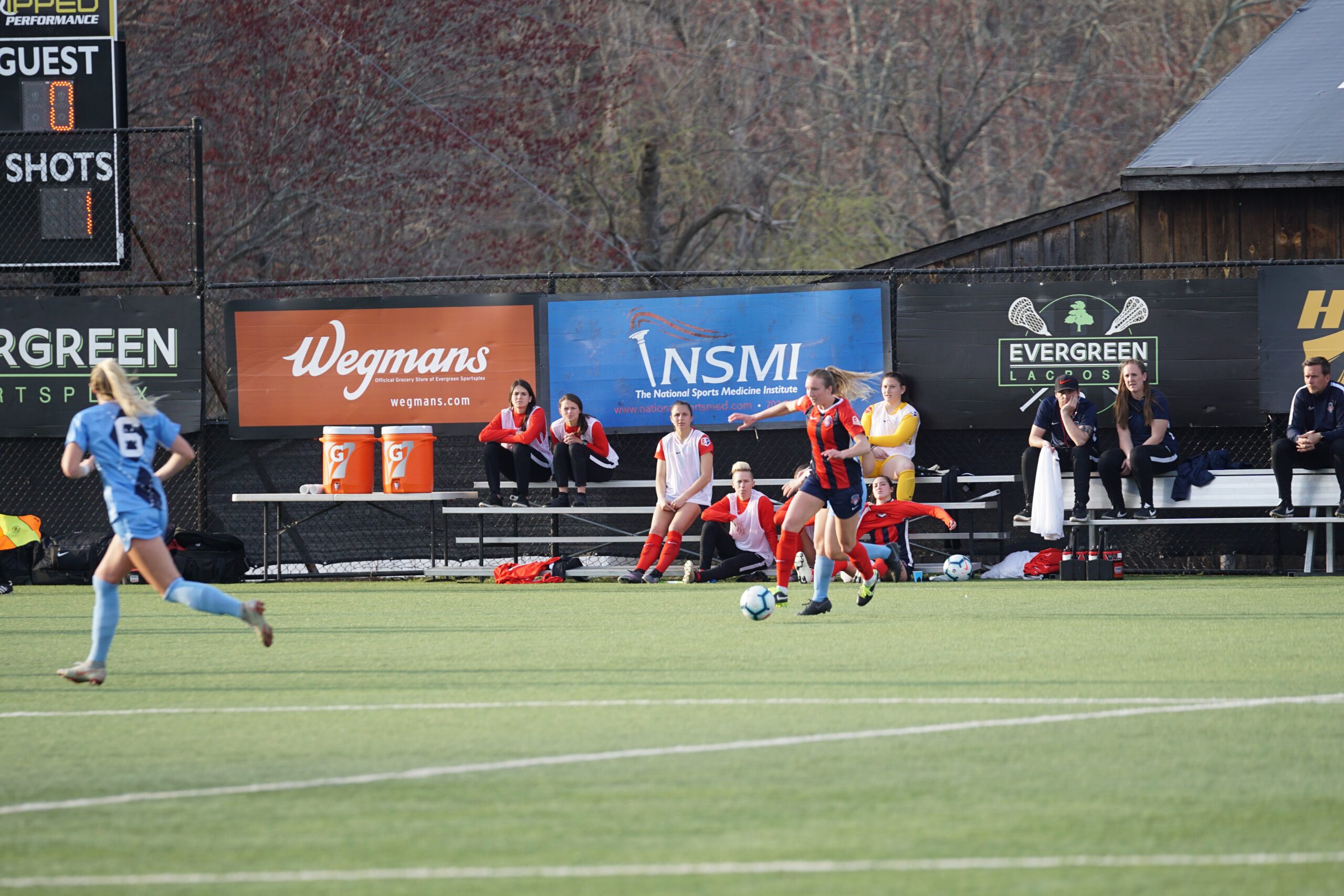As we continue our ongoing adjustment to the restrictions of the current pandemic, we are recognizing that student-athletes are faced with a unique set of challenges and difficulties. Not only did they have to quickly adjust to online learning like all students last March, but also the abrupt cancellation of their season, practices, and games. While they experienced a huge shift in their daily life, they also lost the ability to connect with their teammates in-person, unable to rely on their participation in a sport as a coping skill, and missed out on numerous opportunities to play and compete. For some individuals, their identity as a student-athlete has been felt distant since the start of the pandemic and they feel disconnected from their former selves.
With schools opening up this fall and offering a hybrid of options for learning, some sports organizations and schools are able to return to play. However, new restrictions, uncertainties, and questions still remain. How do I get used to wearing a mask when I train? How do you socially distance in a contact sport? How will the season play out? How do I get college scouts to watch me play? Will everything get cancelled again? What do we do if someone on the team tests positive?
Given that no one knows how the following year will play out, what we can do is focus on what we know, and what we can actually control. Meaning, we can be ready as coaches and parents to help support athletes as they face these ever-evolving obstacles.
Below are some tips on how to give positive and compassionate messaging to your student-athlete:
- Offer support: Demonstrate that you are present and ready to listen. Validate their feelings of frustration and sadness. Grief takes various forms and many athletes may be experiencing a difficult time processing lost opportunities especially when their identity and self worth may be wrapped up in their sport and athletic performance.
- Reframe: Help athletes identify other activities and hobbies they can do when they cannot train or compete. Not only will this aid in the realization that there are other things in their life that they love, it can help with the emotional distress that comes with not being able to engage in these self-defining activities.
- Let athletes know they are not alone: Remind them that all athletes in this country (and the world) are facing the same problems and anxieties. Encourage athletes to share their thoughts and feelings with people who understand what they are going through. This can involve talking more freely with teammates and connecting with other athletes online.
- Provide an example of positivity and resiliency: Children and teens look to adults for how to act and how to respond in times of stress. Keep athletes grounded in the present moment rather than focusing on the many ‘what if’ questions and scenarios of the future. It is normal to feel stressed and anxious about the unknown. Therefore, we need to model how they can handle that distress through using positive coping skills, speaking with others, and focusing on daily routines.
Sometime in the future, we will all be able to return to our normal lives. Until then, we can use the present moment to become more understanding of our emotions, mentally tougher, and increase our resiliency to handle future demanding challenges. In other words, this pandemic can teach us all how to be a better athlete.
Ashley Hallheimer, PsyD
Licensed Clinical Psychologist

